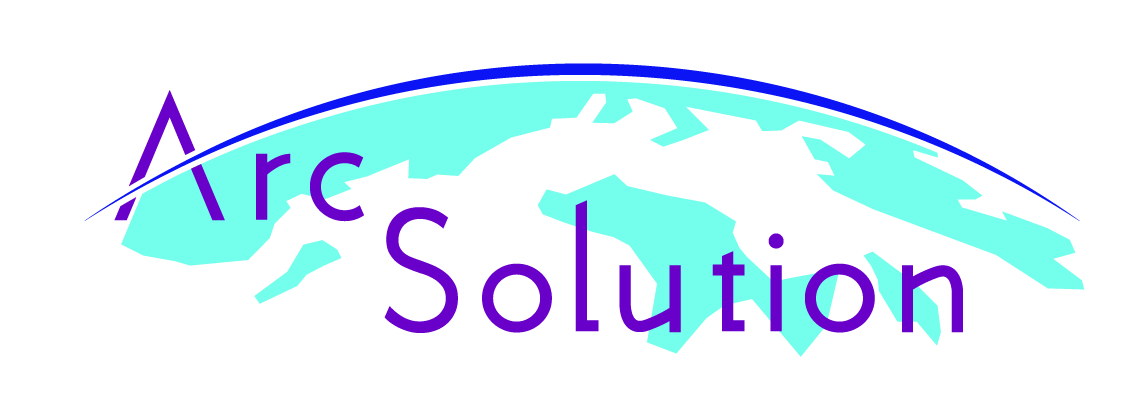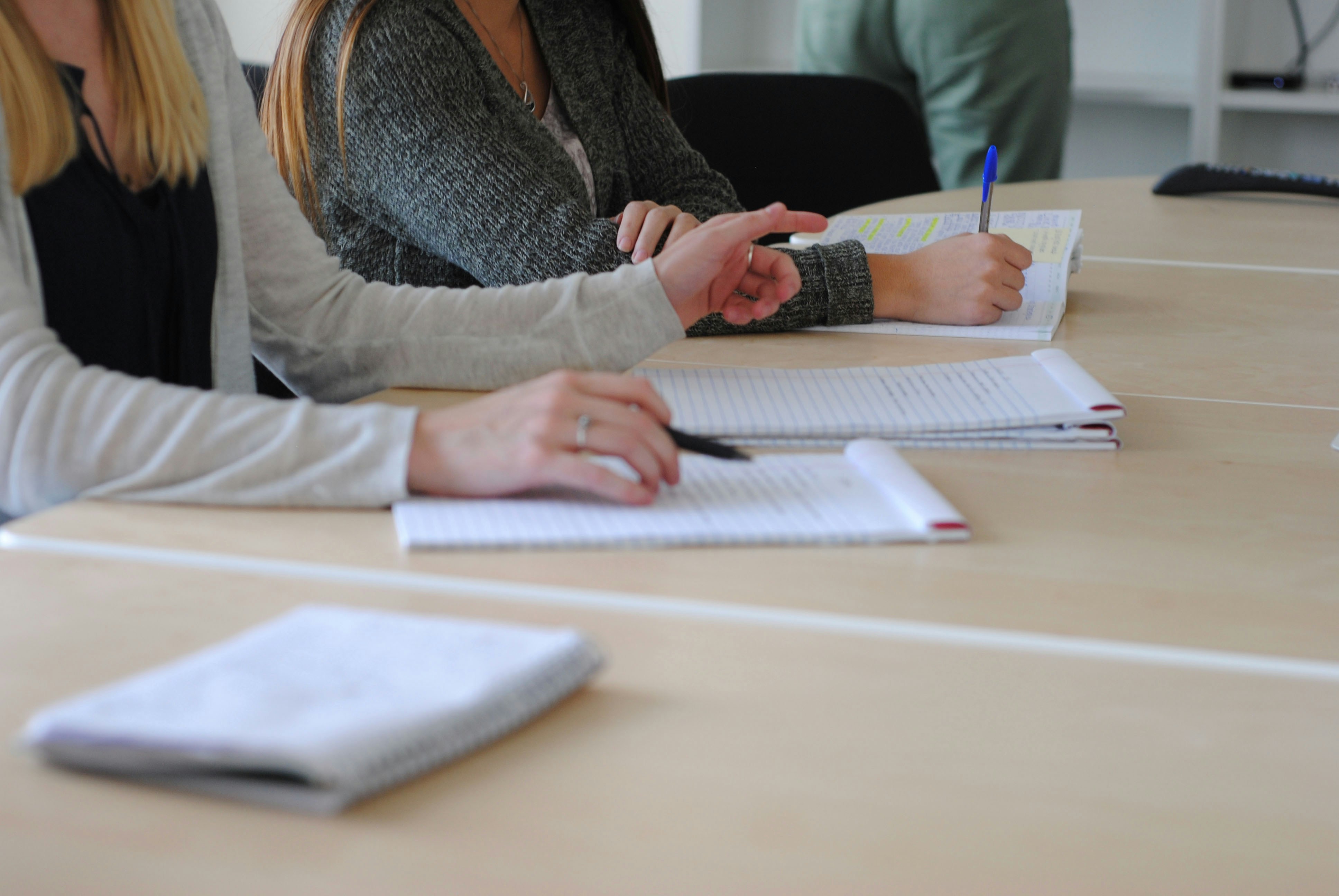A summer school jointly organised by the University of the Arctic (UArctic) and ArcSolution
Welcome to the Postgraduate Summer School on Health and Arctic Forensic Strategies!
This intensive five-day teaching program is designed to provide advanced training and insights into the unique challenges and opportunities in the fields of One Health and environmental forensic sciences within Arctic environments. Participants will engage with leading experts, explore cutting-edge research, and develop practical skills essential for addressing health issues and environmental forensic studies in these extreme conditions. Throughout the course, you will delve into topics such as the impact of climate change on Arctic health, innovative environmental assessment strategies adapted for cold climates, and the ethical considerations of working in remote and sensitive regions. Our interdisciplinary approach ensures a comprehensive understanding of the complexities involved in this critical study area.
Join us for an enriching experience that combines academic rigour with real-world applications, preparing you to make significant contributions to the field of Arctic One Health and environmental forensic science.
Practical information
When? 18-22 August, 2025
Where? Norwegian University of Life Sciences (NMBU); Science Center.
Registration for the summer school includes a short CV & motivation letter. Clarify the funding opportunities with your ArcSolution contact.
Travel support available (up to 10,000 NOK) upon application (incl. budget estimate)
Deadline for registration/ submission: July 15, 2025
In case of questions, contact your ArcSolution contact or the NMBU local organisers:
Roland Kallenborn: roland.kallenborn@nmbu.no +47 90879988
Accommodation: Vestby Hyttepark. Book your place here with “Roland Kallenborn” as reference.
Apply for Travel support
Programme
09:00 – 12:00 Arrival
12:00 – 13:00 Lunch
13:00 – 14:00 Introductions + house rules (with Roland Kallenborn)
14:00 – 16:00 Participant introduction
16:00 – 17:00 OneHealth concept (with Arja Rautio)
17:00 – 18:00 Arctic Forensics Strategies (with Roland Kallenborn & Leo Yeung)
18:00 – 19:00 Dinner
09:00 – 10:00 Introduction/day briefing (with Roland Kallenborn)
10:00 – 11:00 Learning goals and deliverables (with Roland Kallenborn)
11:00 – 12:00 Group distribution (2-3 students), priority topics
12:00 – 13:00 Lunch
13:00 – 14:00 History of Arctic Monitoring (with Lars Otto Reiersen)
14:00 – 15:00 Results and implications of pollutant assessments (with Lars Otto Reiersen)
15:00 – 15:30 The ArcSolution concept (with Katrin Vorkamp)
15:30 – 16:00 Health Break
16:00 – 17:00 Group work
17:00 – 18:00 Group work & Debriefing
18:00 – 19:00 Dinner
09:00 – 10:30 Introduction/day briefing (with Roland Kallenborn)
10:30 – 11:00 Groups Q&A
11:00 – 12:00 Long-term monitoring of Arctic pollutants – past, present, future (with Katin Vorkamp)
12:00 – 13:00 Lunch
13:00 – 14:00 Analytical methods and requirements (with Roland Kallenborn)
14:00 – 15:00 Identification of chemicals of emerging Arctic concern (with Katrin Vorkamp)
15:00 – 15:30 Heath break
15:30 – 16:00 Human exposure studies and epidemiology (with Arja Rautio)
17:00 – 18:00 Group work
18:00 – 19:00 Dinner
09:00 – 10:30 Introduction/day briefing (with Roland Kallenborn)
10:30 – 11:00 Groups Q&A
11:00 – 12:00 Group work
12:00 – 13:00 Lunch
13:00 – 15:00 Modern environmental forensics (with Roland Kallenborn & Leo Yeung)
15:00 – 15:30 Detection and characterisation of microplastics in environmental samples (with Gabriele Haddad-Weiser)
15:30 – 16:00 Planning and designing field experiments (with Jan Ludvig Lyche)
16:00 – 18:00 OneHealth and Toxicology (with Jan Ludvig Lyche)
18:00 – 20:00 Dinner & Social gathering
09:00 – 10:30 Introduction/day briefing (with Roland Kallenborn)
10:30 – 11:00 UArctic & Arctic academic education (with Arja Rautio)
11:00 – 12:00 1. Set Group presentations (n = 2)
12:00 – 13:00 Lunch
13:00 – 14:00 2. Set group presentations (n = 2)
14:00 – 15:00 3. Set group presentations (n = 3)
15:00 – 16:00 Concluding remarks
16:00 Adjourned – farewell
Environmental Forensics
Tracking Arctic Pollutants: PFAS Pathways in Marine Ecosystems (contacts: Roland Kallenborn, Katrin Vorkamp)
Uncovering the Arctic’s Chemical Fingerprint: From Microplastics to Mercury (contacts: Leo Yeung, Roland Kallenborn)
Environmental Forensic Mapping of Persistent Organic Pollutants in Arctic Food Webs (contacts: Leo Yeung, Roland Kallenborn, Katrin Vorkamp)
Which are the contaminants of tomorrow? How can we develop Early Warning Systems for the Arctic? (contacts: Katrin Vorkamp, Leo Yeung, Roland Kallenborn)
Are microplastics a risk to Arctic ecosystems and humans? Analysis of risk assessment gaps and how they can be closed (contacts: Arja Rautio, Katrin Vorkamp, Roland Kallenborn).
Non-target screening as an emerging analytical tool – steps towards integration into Arctic contaminant monitoring (contacts: Roland Kallenborn, Katrin Vorkamp, Jan Ludvig Lyche).
The role of riverine transport of contaminants to the Arctic – how much does it matter for the ArcSolution priority pollutants (contacts: Katrin Vorkamp, Roland Kallenborn, Lars-Otto Reiersen).
Climate & Ecosystem Health
Climate Change as a environemntal forensic Tool: Tracing Ecosystem Shifts in the Arctic (contacts: Roland Kallenborn, Katrin Vorkamp)
Snow, Ice, and Contaminants: Climate-Driven Exposure in Arctic Communities (contacts: Roland Kallenborn, Lars-Otto Reiersen)
Arctic Ecosystem Resilience: A One Health Perspective on Contamination( contact: Arja Rautio, Lars-Otto Reiersen, Roland Kallenborn)
Towards One Health – new strategies for Arctic contaminant monitoring and assessment (contacts: Lars-Otto Reiersen, Katrin Vorkamp, Arja Rautio).
Human & Wildlife Health
From Ice to Blood: Human Exposure to Arctic Pollutants (contacts: Roland Kallenborn, Arja Rautio, Jan Ludvig Lyche)
Wildlife as Sentinels: Forensic Indicators of Arctic Environmental Health (contact: Roland Kallenborn; Jan Ludvig Lyche, Arja Rautio)
One Health in Action: Linking Arctic Pollution to Human and Animal Well-being (contact: Arja Rautio, Jan Ludvig Lyche, Roland Kallenborn)
Human exposure to PFAS in Arctic communities – assessing the current situation and developing mitigation actions (contact: Arja Rautio, Roland Kallenborn, Lars-Otto Reiersen).
How to ensure clean drinking water in the Arctic? (contact: Katrin Vorkamp, Roland Kallenborn, Lars-Otto Reiersen).
Zoonotic and vector-borne diseases in the Arctic (contact: Jan Ludvig Lyche, Arja Rautio)
Community & Policy Integration
Indigenous Knowledge Meets Arctic Forensics: Co-creating Health Solutions (contact: Lars-Otto Reiersen; Arja Rautio).
Citizen Science in the Arctic: Monitoring Pollution Through Local Eyes (contact: Arja Rautio)
Contaminants released from the melting cryosphere – how will this process affect ecosystem and human health? (contact: Katrin Vorkamp, Roland Kallenborn)
Policy Pathways for Arctic Health: Translating Forensic Evidence into Action (contact: Leo Yeung; Roland Kallenborn, Arja Rautio)
Overview of plastic additives in the Arctic environment – is local waste management the key to solutions? (contact: Katrin Vorkamp, Roland Kallenborn)
What will the growing tourism bring to the Arctic – economic growth and/or contaminants? (Contact: Katrin Vorkamp, Arja Rautio, Lars-Otto Reiersen)
Positive and negative impacts of nature and environment to population health in the Arctic (contact: Arja Rautio, Jan Ludvig Lyche)


